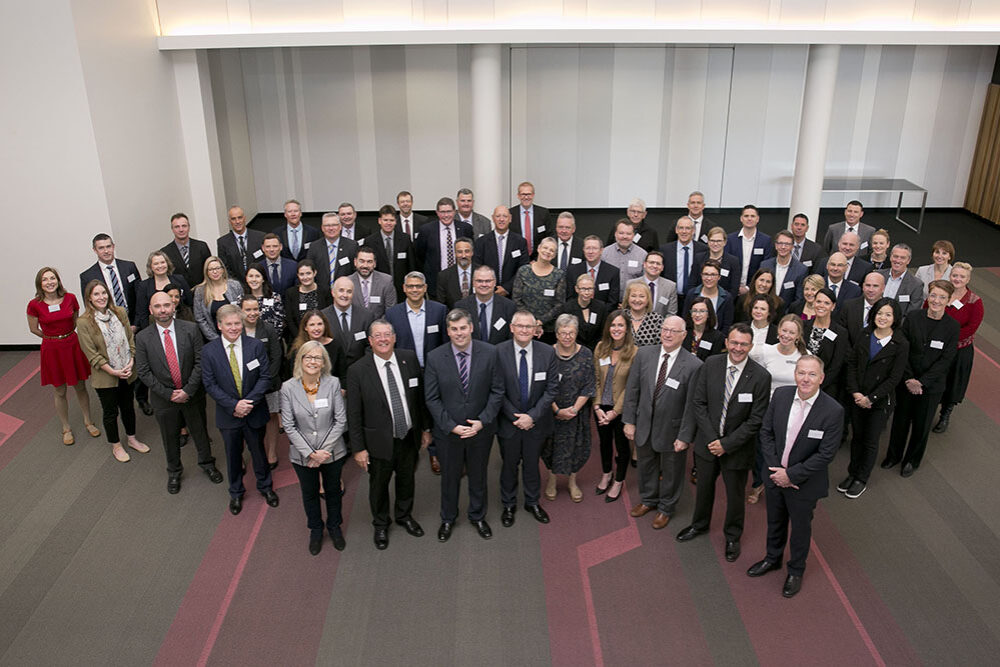Contemporary policing faces many challenges, at global, national and local levels. In 2014, Griffith University (GU) and the Queensland Police Service (QPS) hosted an inaugural joint symposium designed to examine those challenges and their implications for Australian police services. The co-hosted symposia have continued annually since then.
The rationale of the Future of Policing symposia is that police leaders and
researchers can work together to identify and examine problems, and develop new and innovative solutions. The symposia are intended to help overcome the ‘dialogue of the deaf’ traditionally said to affect communications between practitioners and researchers.
The goals of the Future of Policing symposia series therefore are to:
- facilitate exchanges of information between researchers and police leaders from different Australian agencies
- provide a confidential environment that encourages open discussions
- build and develop strategic and operational links between police researchers and police leaders
- focus on new and emerging problems, or enduring ‘wicked’ problems that need new solutions.
Previous symposia have been themed around issues of policing for the future, officer health and safety, policing diverse communities, and future crime. The theme of the 2018 symposium is on reducing victimisation and recidivist youth offending. These are challenges that require multi-agency responses that extend well beyond police, but which police can have a leadership role in solving, and we will examine facilitators and barriers to joined-up solutions. We are pleased to be joined by leading practitioners and researchers to guide discussions on these issues.
The 2018 Future of Policing Symposium is an important aspect of the
longstanding relationship between Griffith University and the Queensland Police Service, which spans multiple areas of research, education and engagement. Other key features include the Police Fellow scheme, under which senior police officers have been seconded to the university for periods of 12 – 18 months to more closely engage with relevant research, and the new Social Analytics Laboratory (SAL). SAL is a high-security data storage and analytic facility that will encourage more and improved research using QPS (and potentially other agencies) administrative data. We are proud of our ongoing relationship with QPS.








